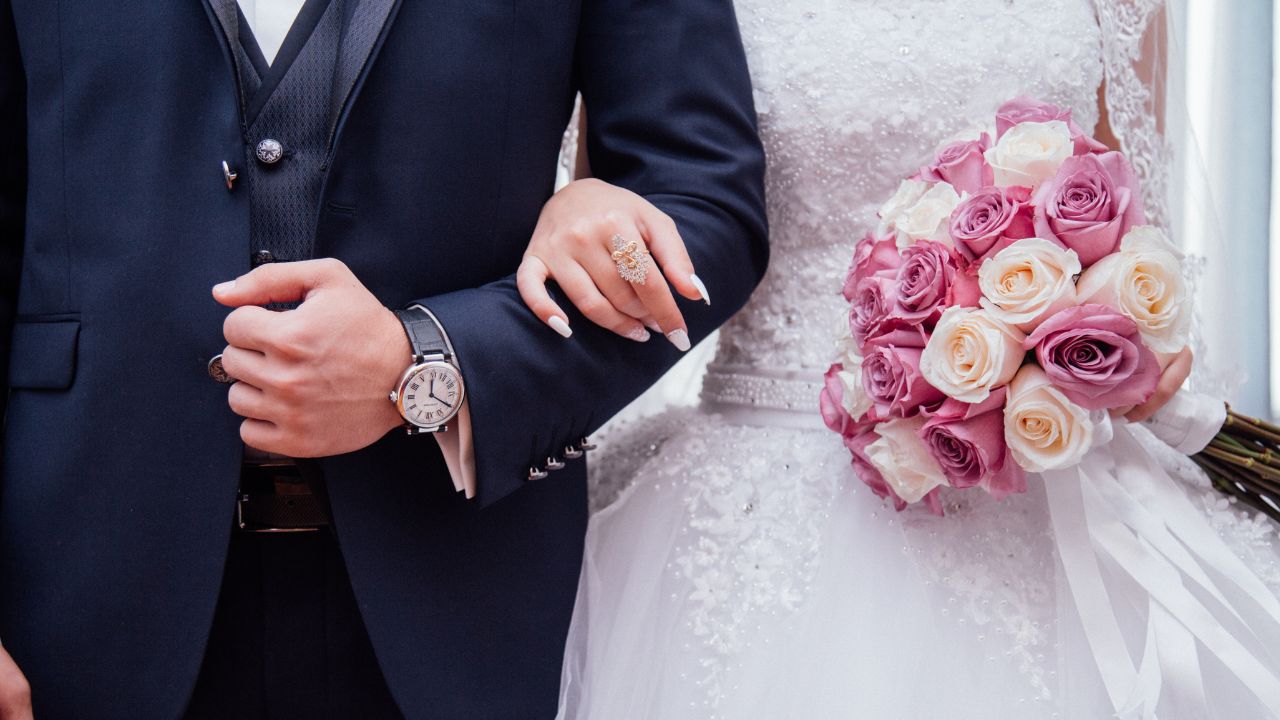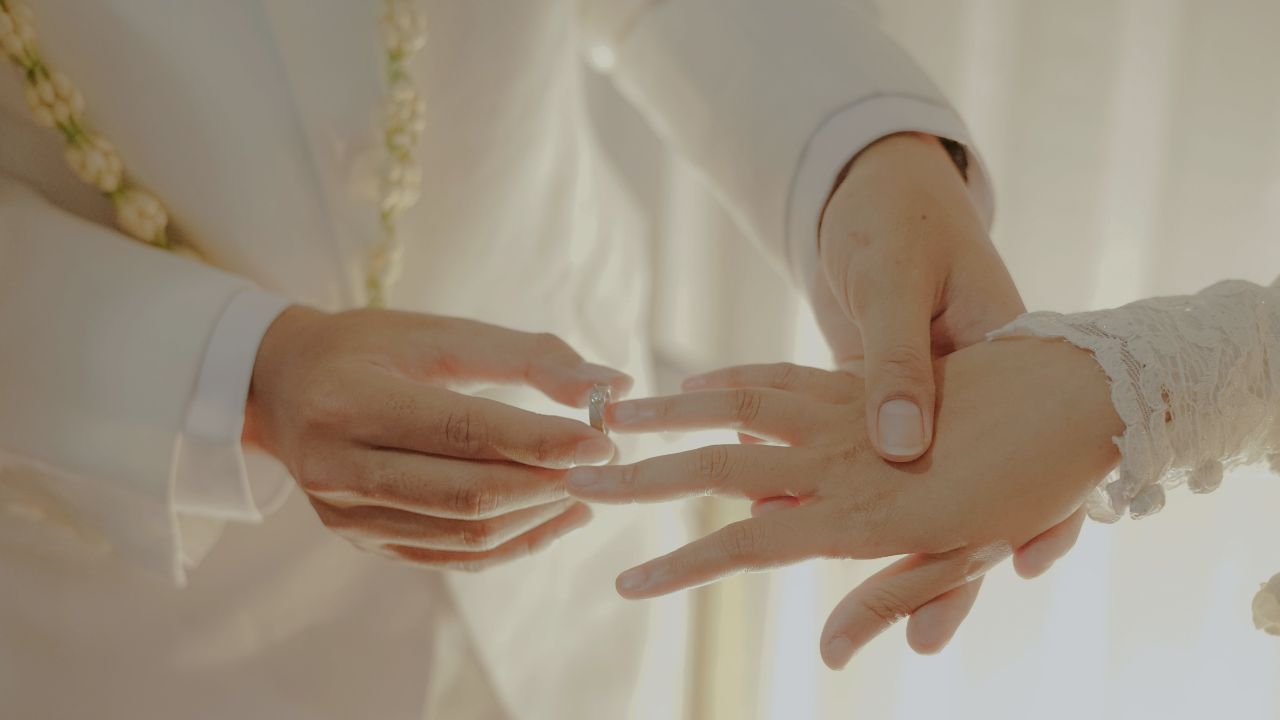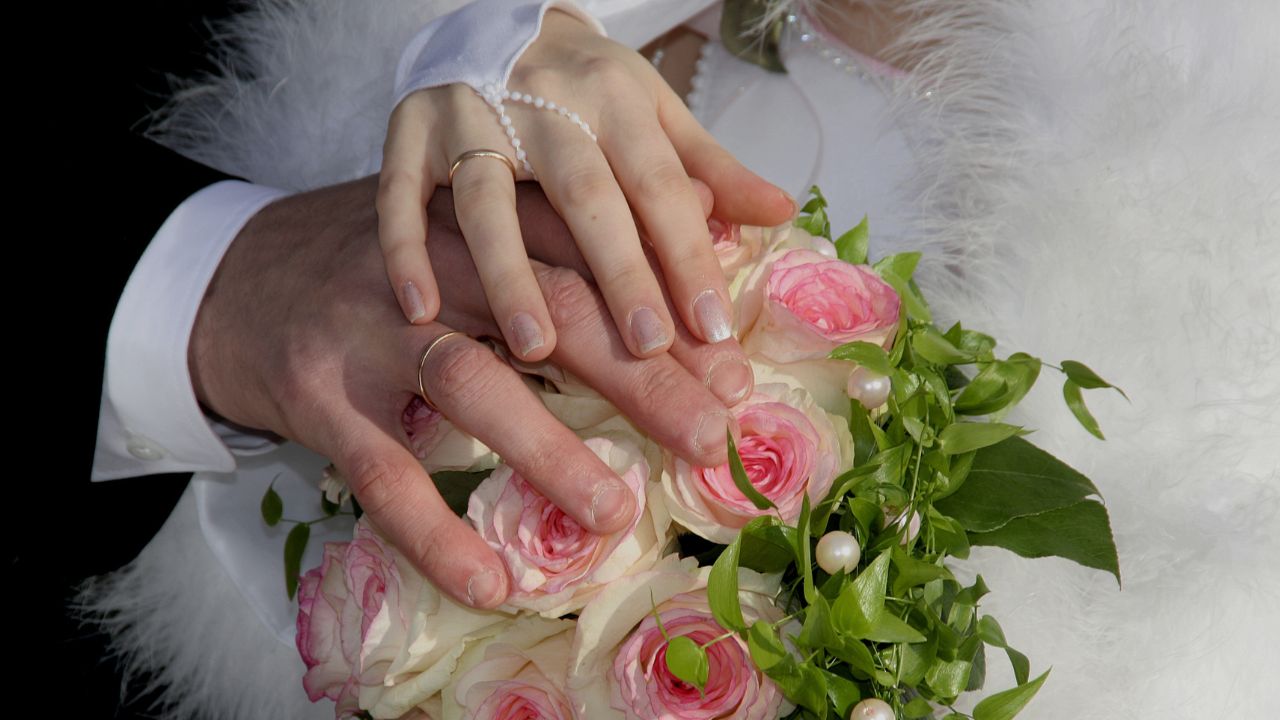Newark, NJ – While marriage between cousins sparks debate across the U.S., New Jersey law takes a clear and permissive stance. If you’re wondering whether first cousins can legally marry in the Garden State, the answer is a firm yes—and without extra conditions.
First Cousin Marriage Is Legal in New Jersey
Unlike many other states, New Jersey explicitly permits marriage between first cousins. State law prohibits marriages between close blood relatives such as siblings, parents and children, and aunts or uncles with nieces or nephews. But it does not include first cousins in that prohibited group.
The governing statute, N.J. Rev. Stat. § 37:1-1, defines the relationships barred from marriage:
“No person shall marry or enter into a civil union with any of the person’s ancestors or descendants, or the person’s sibling, or the child of the person’s sibling, or the sibling of the person’s parent, whether such collateral kindred be of the whole or half blood.”
Because first cousins do not fall under any of these categories, they are legally free to marry in New Jersey.
Who Is Prohibited From Marrying in New Jersey?
New Jersey restricts marriage only between very close blood relatives, specifically:
- Parents and children
- Grandparents and grandchildren
- Siblings (whether full or half)
- Aunts/uncles with nieces/nephews
Any marriage between individuals in these relationships is considered “absolutely void” by the state.
No Special Restrictions for Cousins
Some states that allow cousin marriage impose conditions such as genetic counseling, proof of infertility, or minimum age limits. New Jersey does not require any of these.
There are no special disclosures, no medical prerequisites, and no conditional approvals—first cousins can marry as long as they meet the same general requirements as any other couple.
How New Jersey Compares to Other States
New Jersey is one of 18 states where first cousin marriage is fully legal. On the other side of the spectrum:
- 24 states ban cousin marriage outright
- Several allow it only under specific circumstances, such as advanced age or infertility
For example, states like Texas and Kentucky consider cousin marriages invalid and even criminal, while others, like Arizona and Illinois, have age or fertility-based exceptions.
New Jersey’s approach is simple and unrestricted, making it an outlier in a country where laws vary widely by state.
Read Also: Can Wisconsin Police Search Your Phone During a Traffic Stop? Here’s What the Law Says
Out-of-State Marriages Are Recognized
There’s no residency requirement to marry in New Jersey. If a couple comes from a state where cousin marriage is illegal, they can still marry in New Jersey, and the marriage will be recognized within the state.
However, it’s important to know that other states may not recognize the marriage if it violates their own marriage laws. Anyone planning to move after marrying in New Jersey should consult an attorney if state recognition is a concern.
Social and Cultural Considerations
Even though cousin marriage is legal, it remains relatively uncommon in the U.S., including in New Jersey. Social attitudes may range from acceptance to discomfort, depending on community and cultural background.
“Just because it’s legal doesn’t mean it’s embraced,” said one family law attorney in Jersey City. “But the law is the law—and New Jersey allows it.”
Globally, cousin marriage is widely practiced in parts of Asia, the Middle East, and North Africa, which is why the legal allowance in New Jersey may be especially relevant to immigrant communities.
Key Takeaways for New Jersey Residents
- First cousin marriage is fully legal in New Jersey.
- There are no special restrictions or requirements beyond general marriage laws.
- Closer familial relationships (e.g., siblings or uncles/nieces) are strictly prohibited.
- Marriages performed in New Jersey are valid within the state, though recognition elsewhere may vary.
What are your thoughts about these laws, Let us know in the comment section of newyorkdailygazette.com.








